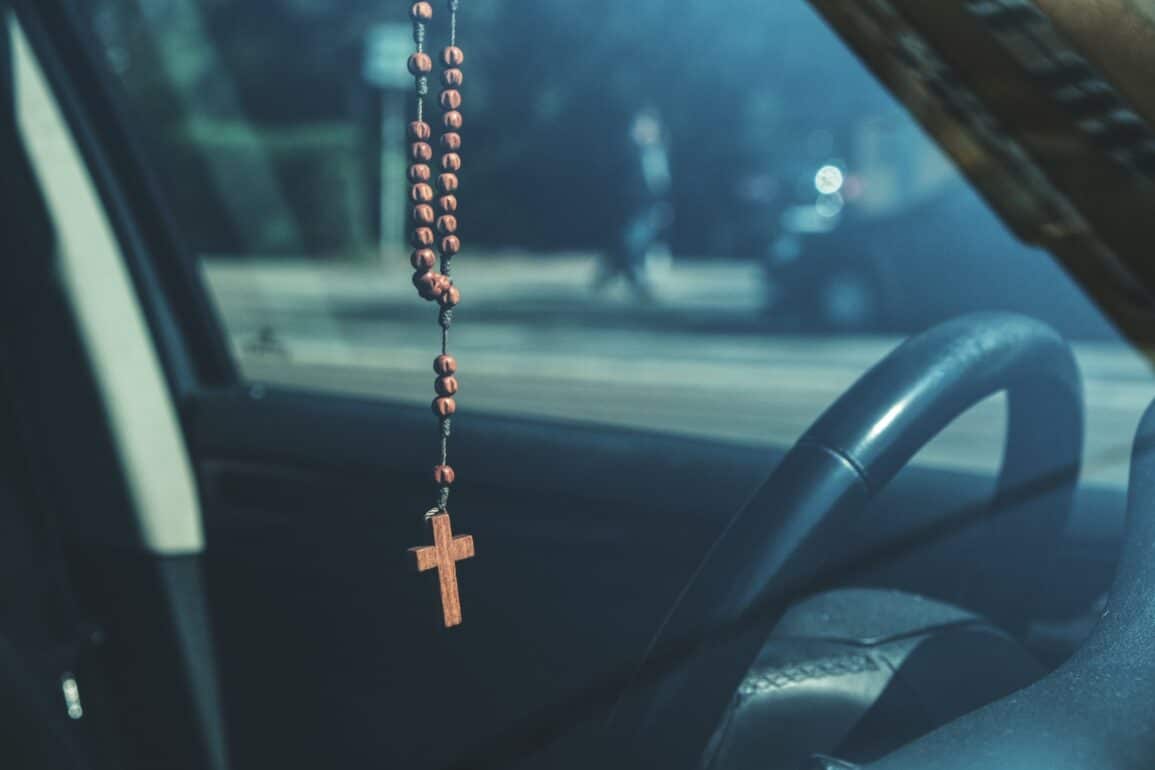For months, for the reason we all know, a mobilization never seen before in Spain has been taking place.
For much less recently, for the same reason already known, a mobilization never seen before among Catholics has been taking place.
It is nothing new that prayers are organized both in Spain and in other Catholic countries… for different reasons and protagonists.
- Men’s rosary, etc.
But in recent weeks, opinion articles have been published in different media, written by people representing some organization, about these events and their organizers.
It is even common that in interviews carried out with relevant members of the ecclesiastical hierarchy, they are asked about their opinions.
With answers that continue to be curious and confusing, since in an instant they are rejected and immediately the message of…
- Don’t be ashamed of being Christians!
Leaving aside the coherence of the arguments exhibited, since we all have the right to give our opinion, and who are we to judge others.
There are some questions that are inevitable to ask…
What do they not like?
- That shall we pray?
- Let’s do it in public?
- Let’s do it for Spain?
- That the idea didn’t come from them?
- That they take away their prominence?
- That we break the discourse that uniformizes all Catholics?
- That it has a political background?
- May we not be meek servants?
I really don’t know how to answer any of these questions, nor have I been able to find them in the articles to which I have had access.
The causes of rejection range from conspiracy reasons to the frequently used…
- Be careful with those, they are up to something!
- Be careful and stay away from them!
Although rereading my own questions, I think the reasons for these reactions may be simpler.
For years, we have been living immersed in a spiral of self-cancellations, and the ‘Catholic Community‘ is no exception.
- Be Catholic, but behind closed doors.
- Be Catholic, but don’t be seen (except in those events that, due to their tourist attraction, contribute significant euros to the coffers).
- Be Catholic, but don’t bother.
- Be Catholic, but these issues are not your concern (here some come up and remind us of the words in John 18:36 and Luke 6:29).
- Be Catholic, but vote for me (even if I defend structures of death and not life).
- Be Catholic and don’t get involved in politics, but… Isn’t politics about working for the common good and justice within our community?
I’m sorry!
I don’t have answers, what I do have are more and more questions.
A friend told me that when I find myself in this situation, it is best to go back to the roots.
And what roots are more solid than Benedict XVI’s Non-Negotiable Principles:
- The defense of life from conception to natural death.
- The defense of natural marriage and the family that is born from said union.
- The freedom of education of parents as the first responsible for their children.
- The common good in its national and global dimensions.
From these words we can deduce that being Catholic is not limited to praying silently in our bedroom, but rather living the teachings of the Social Doctrine of the Church in our daily lives, in society, in the community, in the company, in the family, and also in politics.
Each of us exercising leadership in our closest circles, evangelizing with the talents that have been given to us, because…
Leading is loving!
Because we consider ourselves to be on the ‘good side of history’, we support campaigns that defend these principles…
Men’s rosary
- Rosary in Ferraz
- Praying is not a crime
- Pray for a politician
- Yes to life
- No to euthanasia
- No to surrogacy
- Municipalities for Life
- Recovering the memory of the Martyrs of the 20th Century
And we do it for the common good and justice in our communities.
And we do it for Spain, rediscovering its history, fighting against legendary black messages, because…
- Nothing to apologize for!
And we do it for the Hispanic Community of Africa, America, Asia, Europe and Oceania, because…
- Together we are stronger!
But each one of us is unique from the same conception, so we do not have to agree on everything, and we can only agree in part.
And that is already a first great step towards the communion of all Catholics…
- Looking for what unites us and not what separates us!
If this is your case, write to us…
By Vicente Medina Prados, partner and collaborator at www.enraizados.org
author at www.espanaenlahistoria.org










